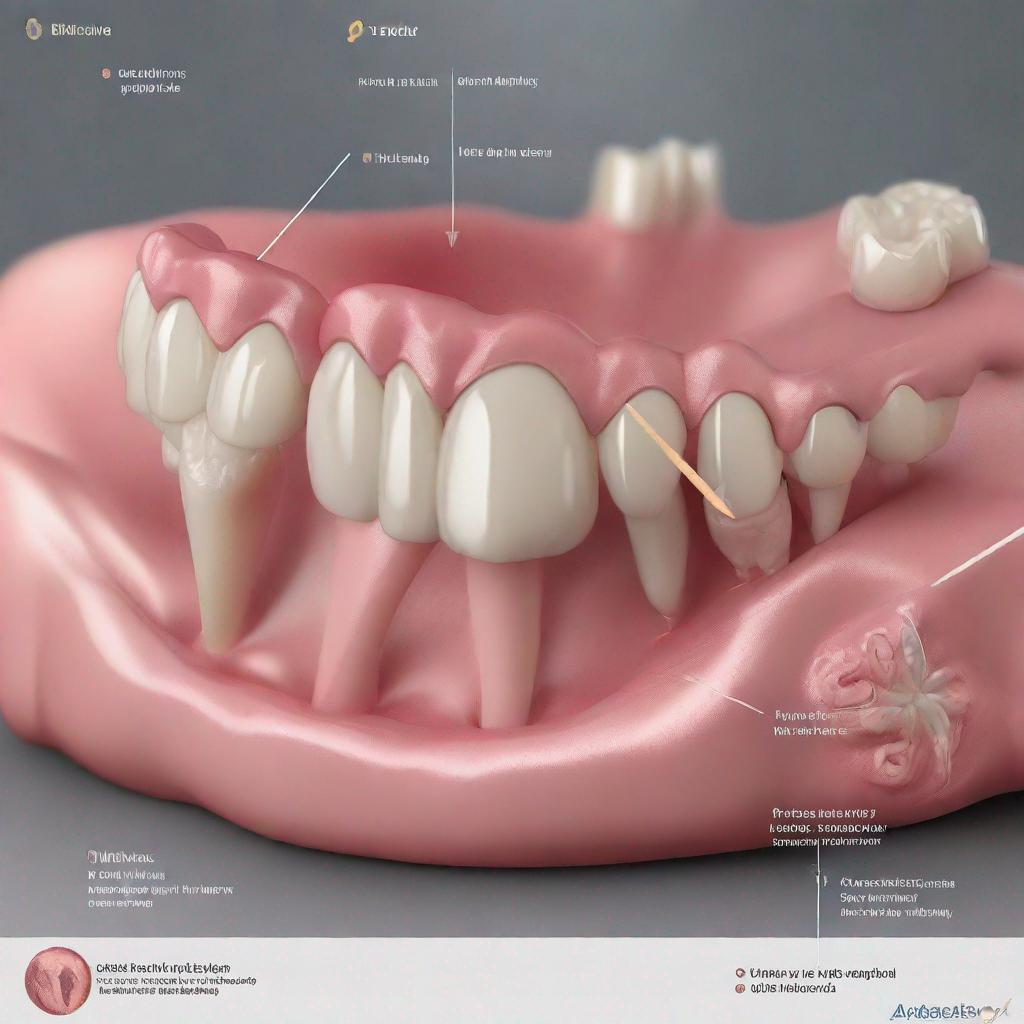## Neurological Examination: A Comprehensive Guide
**Introduction**
A neurological examination is a comprehensive medical test performed to assess the nervous system’s function. It helps identify neurological conditions and diseases that affect the brain, spinal cord, and peripheral nerves.
**Procedure**
1. **History Taking:** The doctor takes a detailed history of the patient’s symptoms, including their onset, duration, and severity.
2. **Physical Examination:**
– **Cranial Nerve Examination:** Assesses the function of the 12 cranial nerves that control functions such as vision, hearing, and facial movements.
– **Gait Examination:** Evaluates the patient’s balance and coordination while walking.
– **Motor Examination:** Tests muscle strength, tone, and coordination.
– **Reflex Examination:** Utilizes a reflex hammer to test reflexes in various parts of the body.
– **Sensory Examination:** Assesses the patient’s ability to feel sensations such as touch, temperature, and pain.
– **Speech and Language Examination:** Evaluates the patient’s ability to speak, understand language, and read.
3. **Tools:**
– Ophthalmoscope and otoscope: Examine the eyes and ears.
– Percussion hammer and reflex hammer: Test reflexes.
– Tuning fork: Assess hearing.
4. **Doctors**: Neurologists, neurosurgeons, or primary care physicians typically perform neurological examinations.
**Diagnosis**
A neurological examination can help identify various **Diseases and Conditions**, including:
– Alzheimer’s disease
– Amyotrophic lateral sclerosis (ALS)
– Cerebral palsy
– Dementia
– Epilepsy
– Guillain-Barré syndrome
– Huntington’s disease
– Multiple sclerosis
– Myasthenia gravis
– Parkinson’s disease
– Stroke
**Importance**
A neurological examination is crucial for:
– Early detection and diagnosis of neurological disorders
– Monitoring the progression of neurological conditions
– Assessing the response to treatment
– Guiding further diagnostic tests and procedures
**Alternatives**
There are alternative tests that can provide additional information about the nervous system, such as:
– Electroencephalogram (EEG)
– Electromyography (EMG)
– Magnetic resonance imaging (MRI)
– Positron emission tomography (PET)
– Single-photon emission computed tomography (SPECT)
**Preparation**
No special preparation is usually required for a neurological examination.
**Duration**
The test typically takes 30-60 minutes.
**Recommendations**
Following a neurological examination, the doctor may recommend further tests or procedures, such as:
– Blood tests
– Imaging studies
– Neurological consultation
– Physical therapy or occupational therapy



